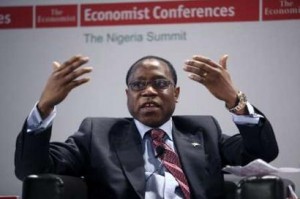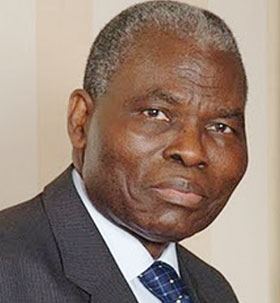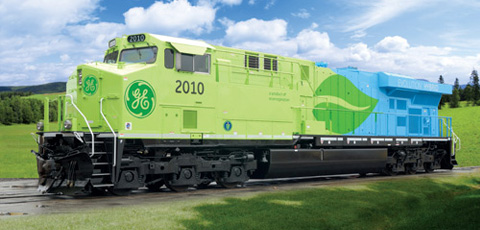Nigeria Targets More Than $20 Billion Investment Within 3 Years – Olusegun Aganga
Nigeria, Africa’s biggest oil producer biggest oil producer, wants to attract more than $20 billion in foreign direct investment within three years, Trade and Investment Minister Olusegun Aganga said.
The West African nation increased the amount of investment to $8.9 billion last year from $6 billion in 2010, Aganga told reporters today in Lagos, the commercial capital.
“Yesterday, I spoke to three companies coming to invest in the country,” he said. In New York, “I met about eight or 10 of them and on my way back the ambassador in Dubai, for example, called me and said there’s a group in Qatar and they want to invest $19 million.”
Economic growth in Africa’s most populous nation accelerated to 6.6 percent in the second quarter as farming output rose, the Central Bank of Nigeria said on Aug. 29. The country is seeking investment in areas such as power generation. Nigeria produces about 4,000 megawatts of electricity for its 160 million people, about a tenth of the amount South Africa generates for a population a third of the size.
Attacks and operational damage by Islamist militants against companies operating in the north of the country are “specific and isolated cases,” said Aganga. “That is an isolated new development that can be curtailed very soon.”
Base stations and transmission towers belonging to telecommunication companies in the north, including MTN Group Ltd. and Bharti Airtel Ltd., were burnt down and attacked last month by suspected members of Boko Haram, which says it’s campaigning to establish an Islamic state in Nigeria.
Security Concerns
Heineken NV’s local unit and PZ Cussons Plc (PZC) have this year attributed declining sales to security issues in the north.
“We’re fully aware of the complaints made by the telecoms sector and the minister of ICT is working with the security agencies, so we are addressing it,” said Aganga.
President Goodluck Jonathan said Oct. 1 that a surge of Boko Haram bomb and gun attacks in the mainly Muslim north and the capital, Abuja, in the past two years is seeing “a significant decline” because of “proactive measures” by security forces.
“I have not had a big issue of security talking to investors,” Aganda said. “I hear it more at conferences; I hear it more talking to Nigerians. What I’m saying is, I have very different conversations when I’m talking to investors and they’re looking for where to put their money to work.”
Source: Bloomberg









